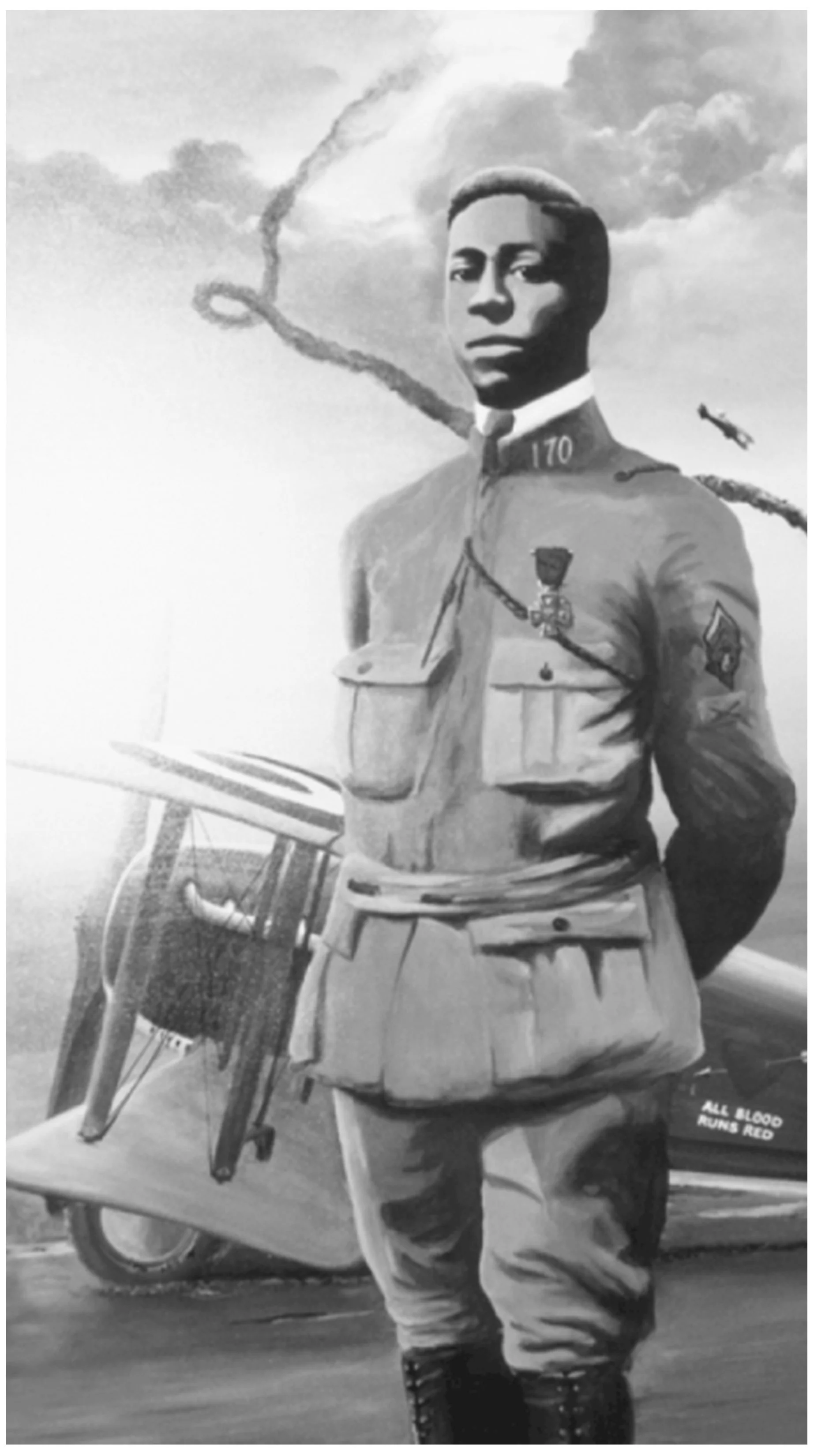How about another Black aviation pioneer?
We looked at the country’s first licensed Black female pilot, Bessie Coleman, a few days back. How about rounding that out with a look at the first American Black fighter pilot, Eugene Bullard?
According to PBS’ American Experience, “In his own words, Eugene Bullard was the ‘first known Negro military pilot.’” American Experience continues, saying Bullard’s story “is a tale of alternate realities, of what happens when opportunity is offered or denied — and, ultimately, seized regardless.”
Born in Georgia in 1895, Bullard’s life was seriously overshadowed by the racism at that time. He fled the South at age 11 and a few years later left the United States completely to enjoy better acceptance in Europe, eventually settling in France as World War I loomed.
After the war started, Bullard enlisted in the French Foreign Legion to defend the country that had provided him a nice welcome, later fighting as an infantry man in the regular French army at the battles of the Somme, Artois Ridge, and Verdun, where he earned the French Croix de Guerre while becoming seriously wounded.
While recovering from his wounds, Bullard met a French air service officer who got Bullard enrolled in aerial gunnery school. While in training, Bullard learned about the famous Lafayette Escadrille, a French aviation unit actually manned by Americans. Bullard immediately asked for a transfer to train as a pilot instead of as a gunner. His request was granted and Bullard qualified as a military aviator seven months later.
As an Escadrille aviator, Bullard flew at least 20 missions, shooting down at least two enemy aircraft. The motto on his airplane: “All blood runs red.”
When the United States entered the war, Bullard attempted to join the US Army’s air arm. Thanks to racism in the US Army, he was turned down, and America lost the services of an already trained and experienced combat pilot.
Bullard, like Bessie Coleman, George Washington Carver and Booker T. Washington, offers an interesting example of how Black people from the United States have proved they can flourish if given the opportunity. Bullard also shows how Black people cannot maximize their potential when they are denied such opportunity.
A modern example is that when Black students are trapped in public schools with no choices to get a better education, they don’t flourish. But, as some of our Black History Month examples show, it does not, and should not, be like that.
References for Bullard’s story:
https://www.pbs.org/wgbh/americanexperience/features/great-war-two-lives-eugene-bullard/

